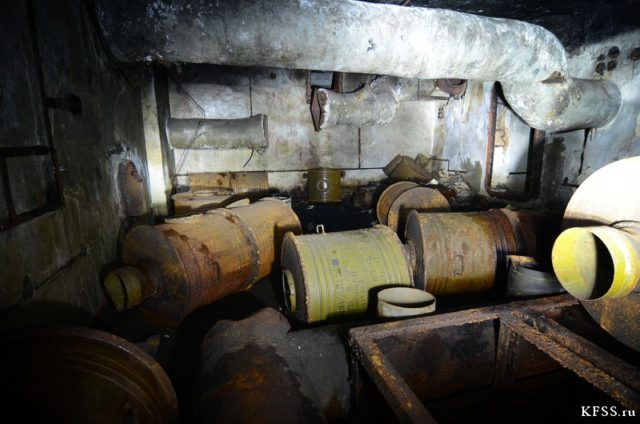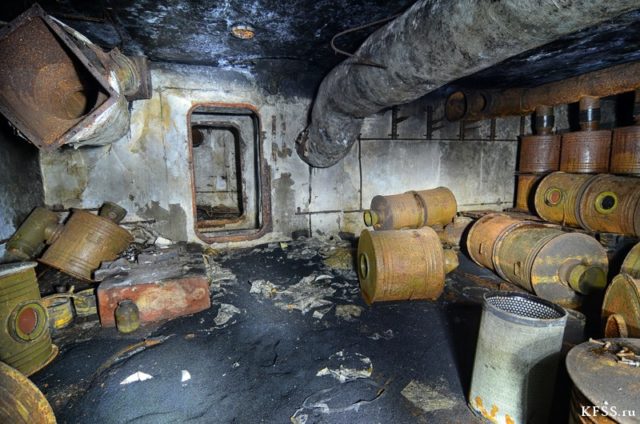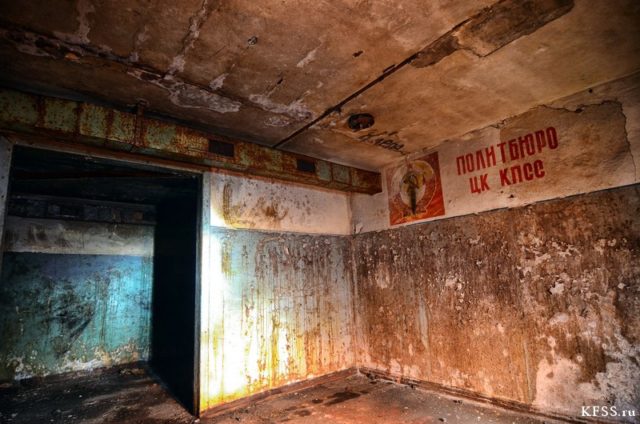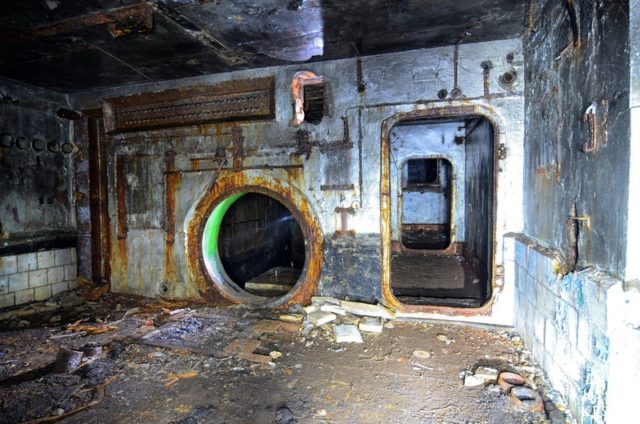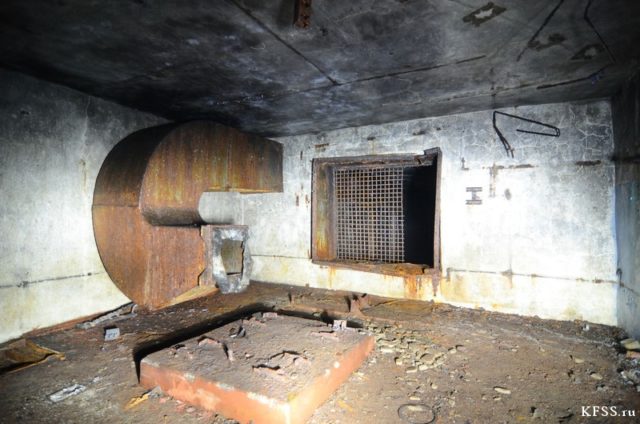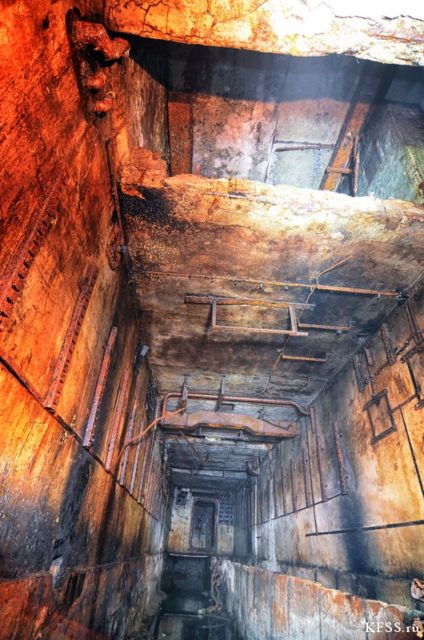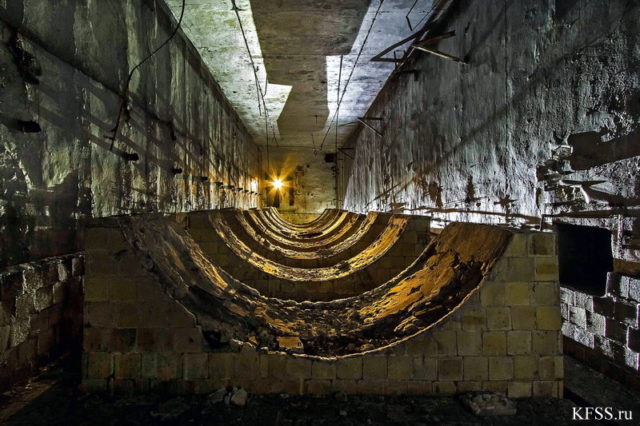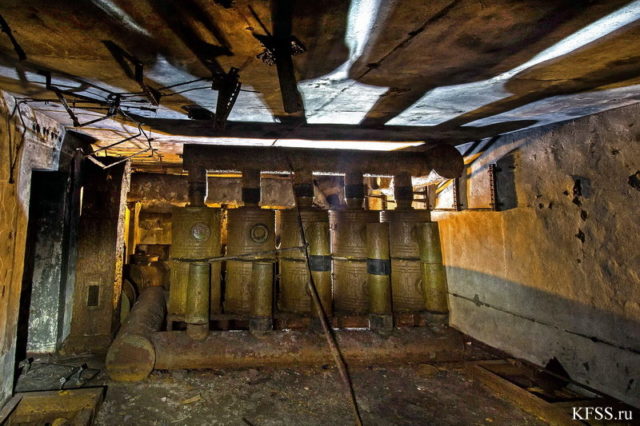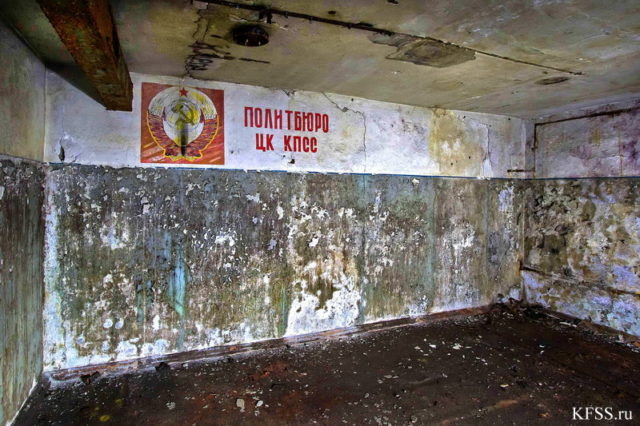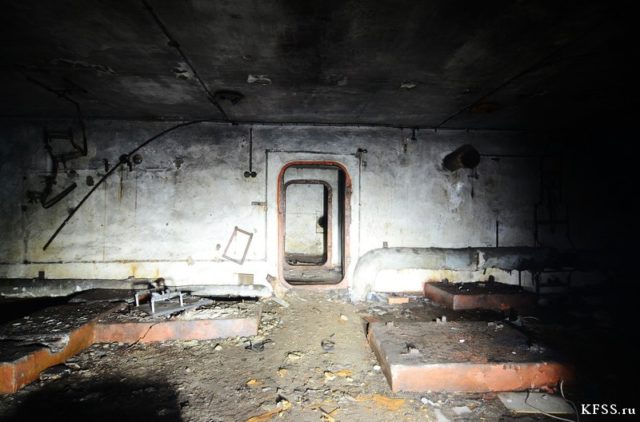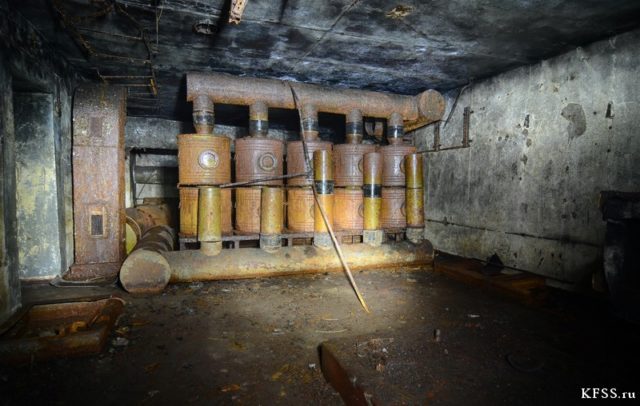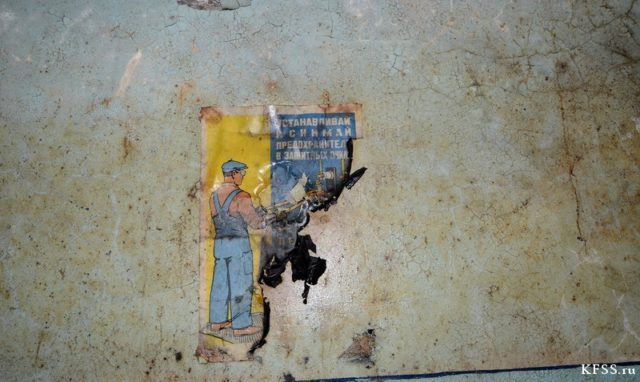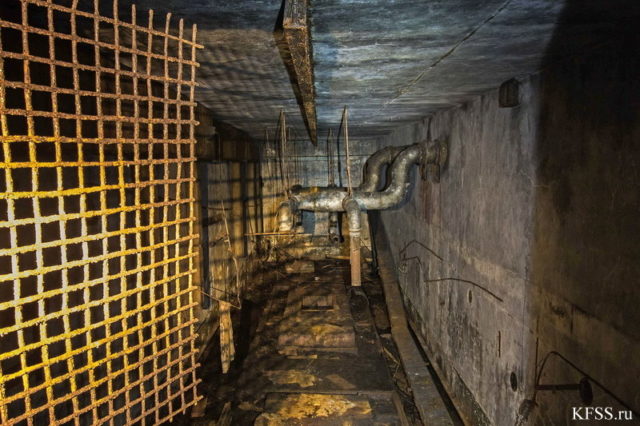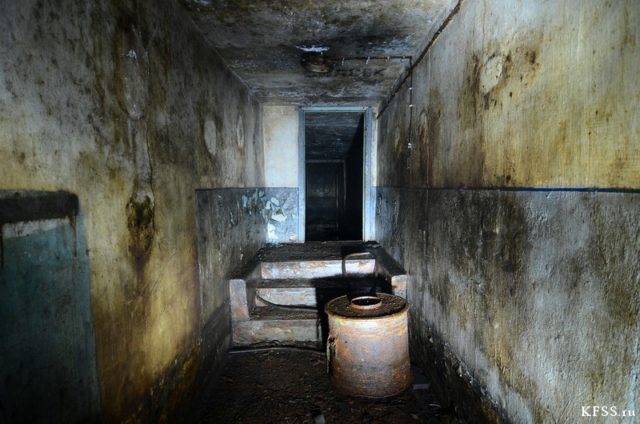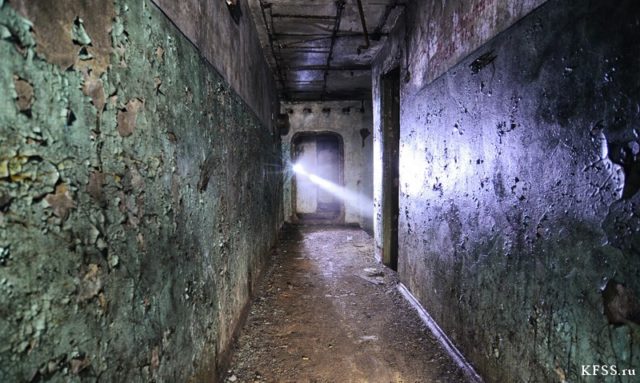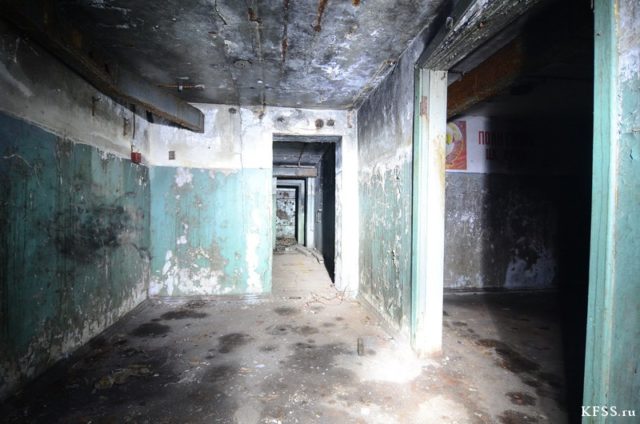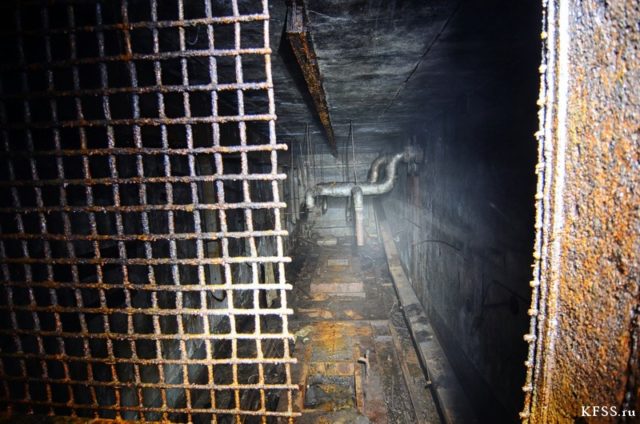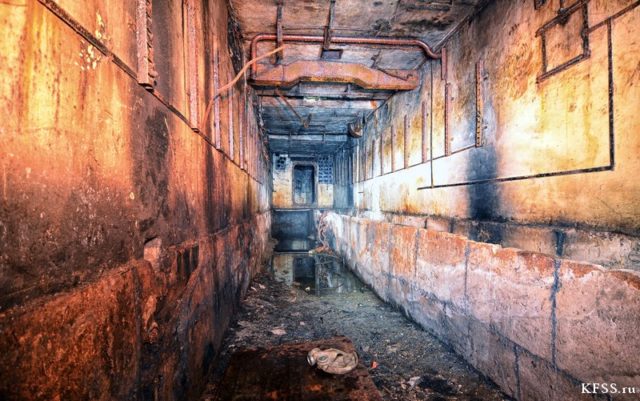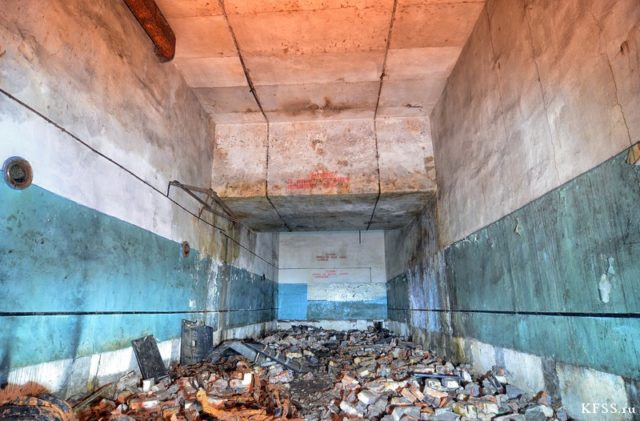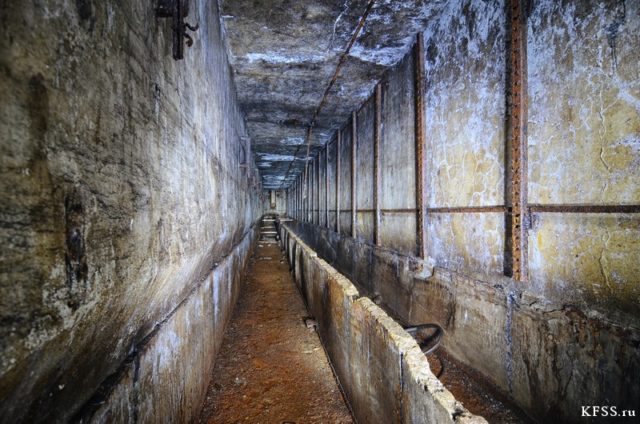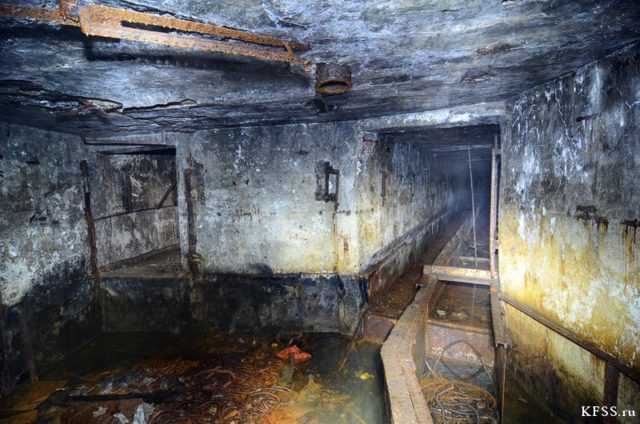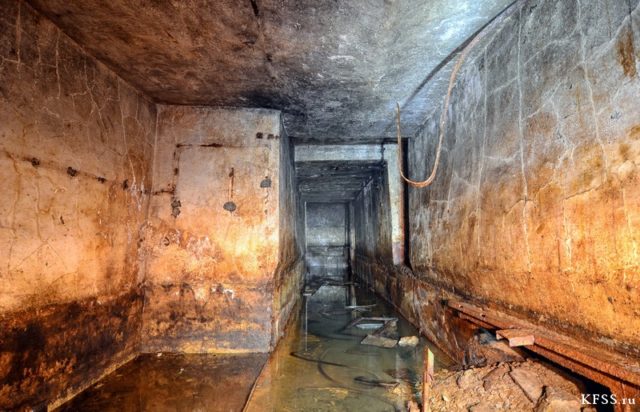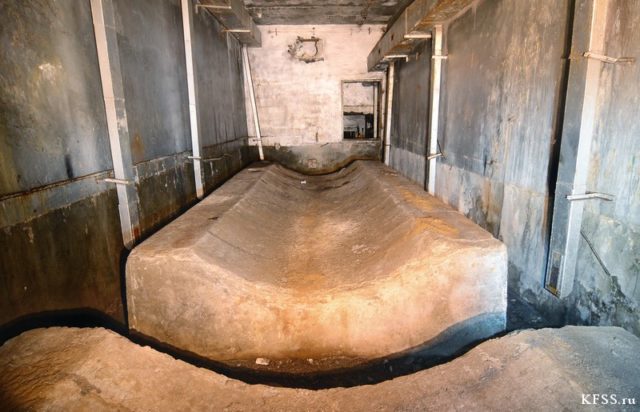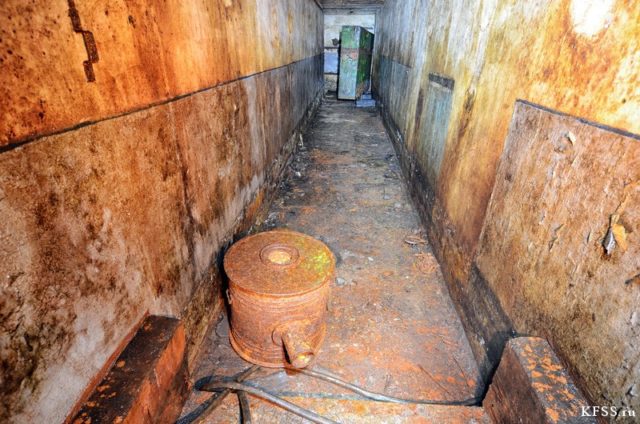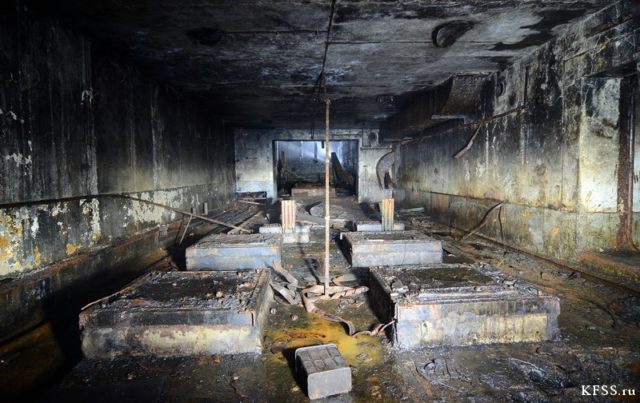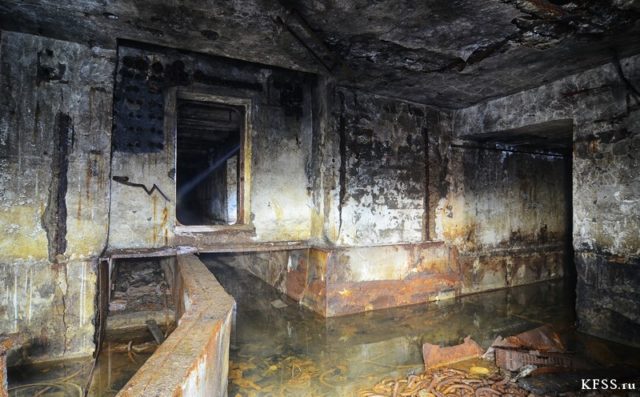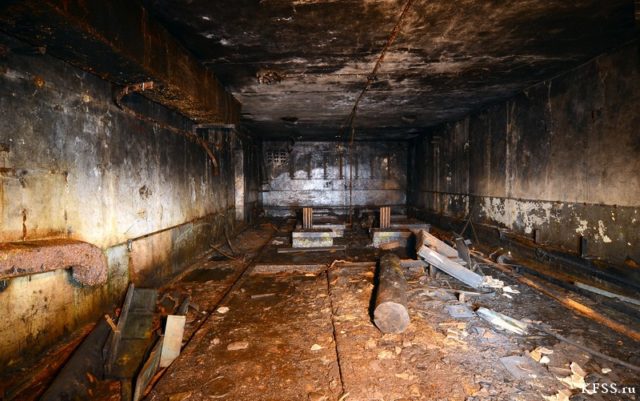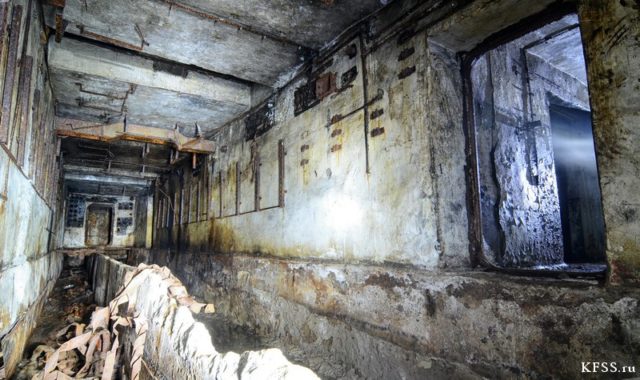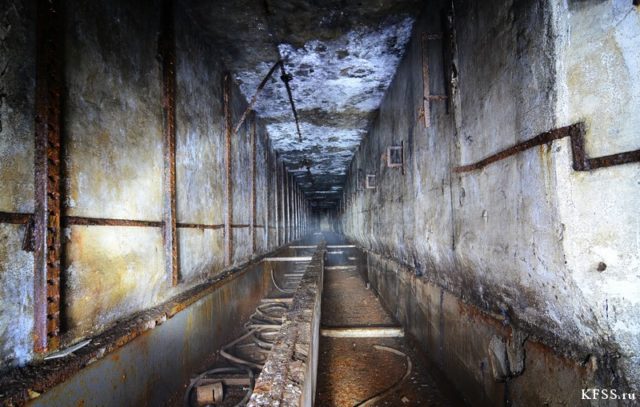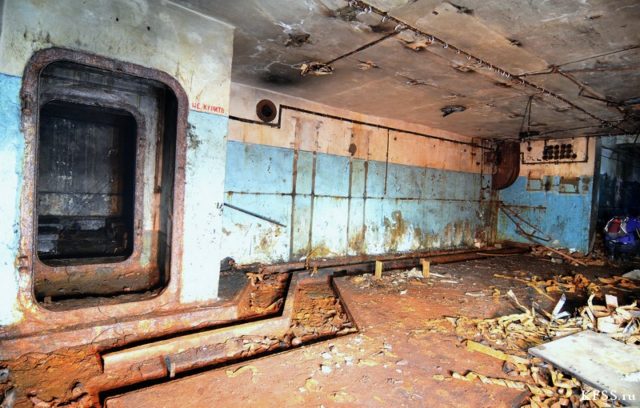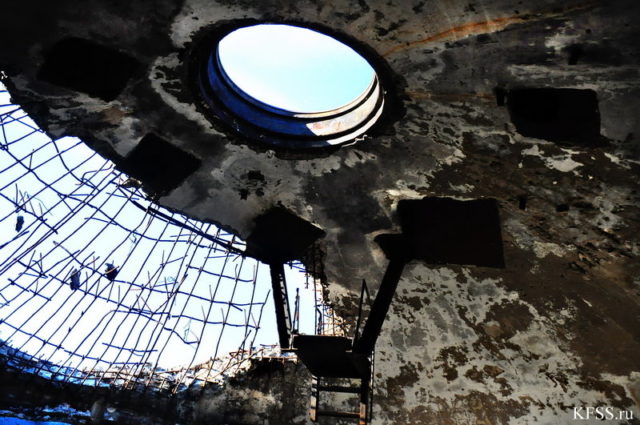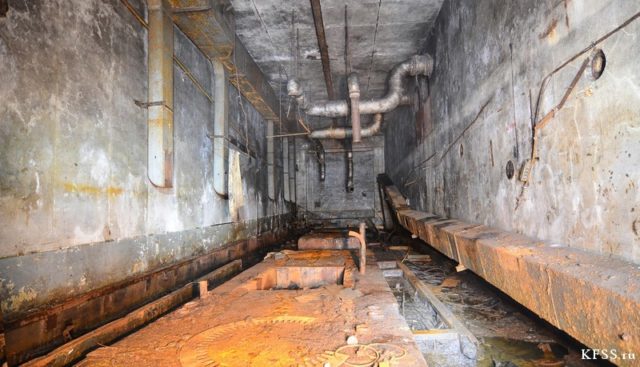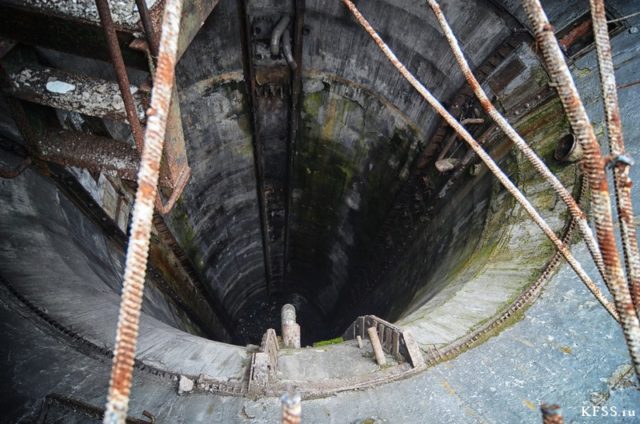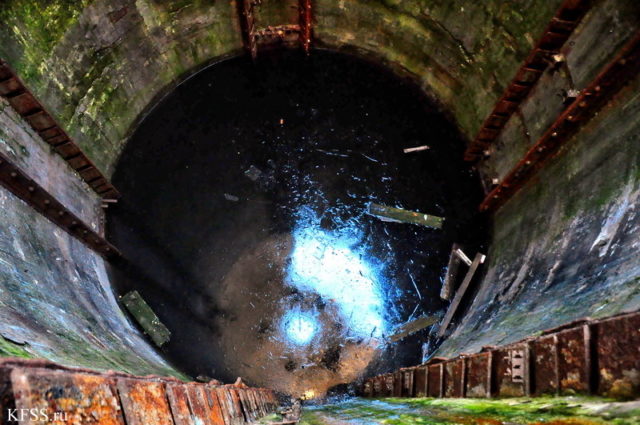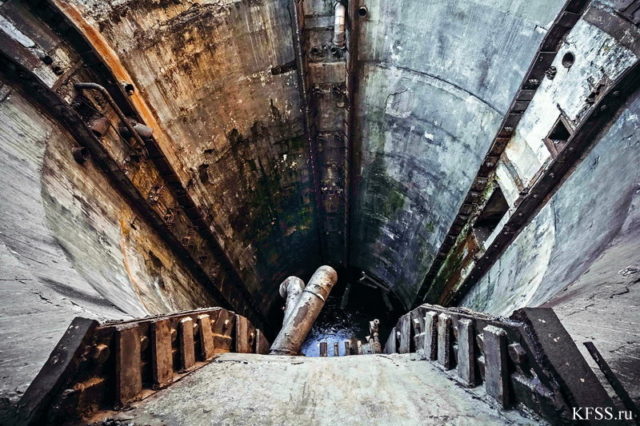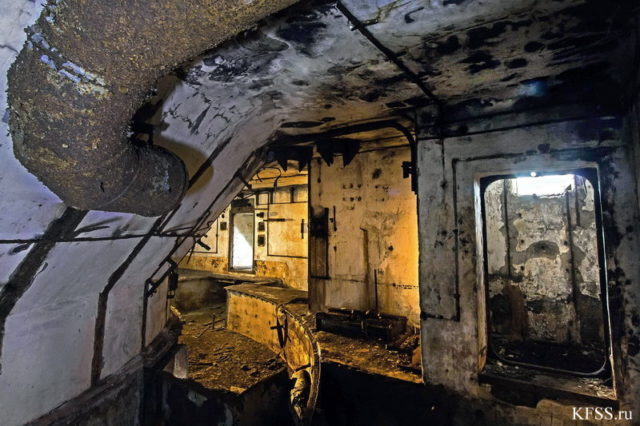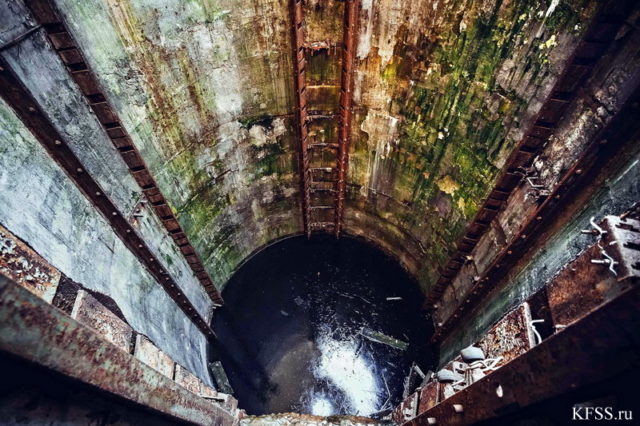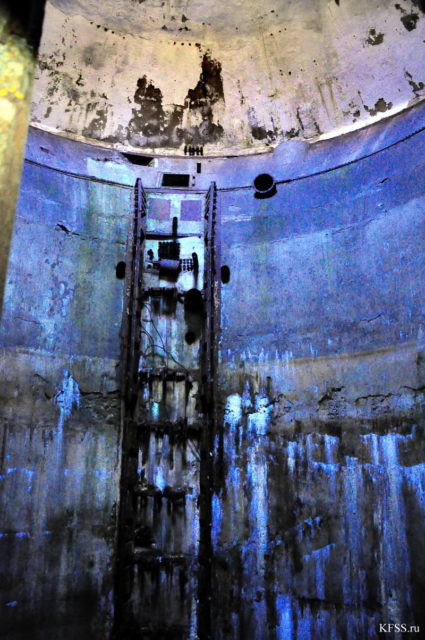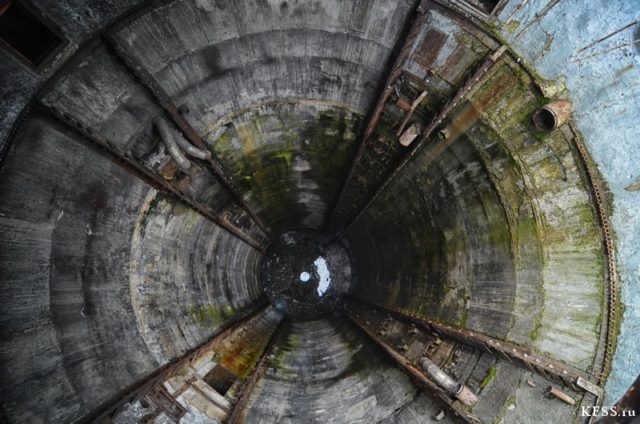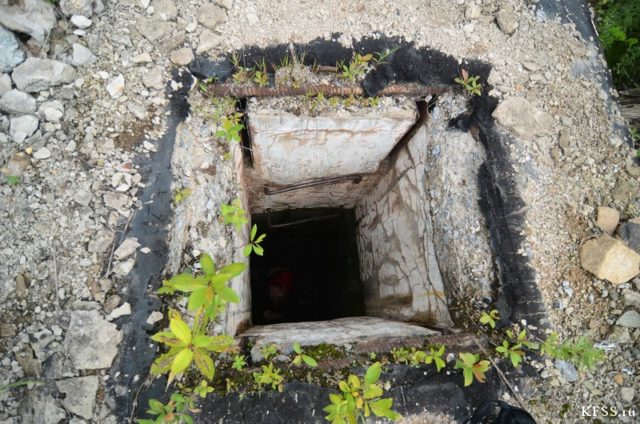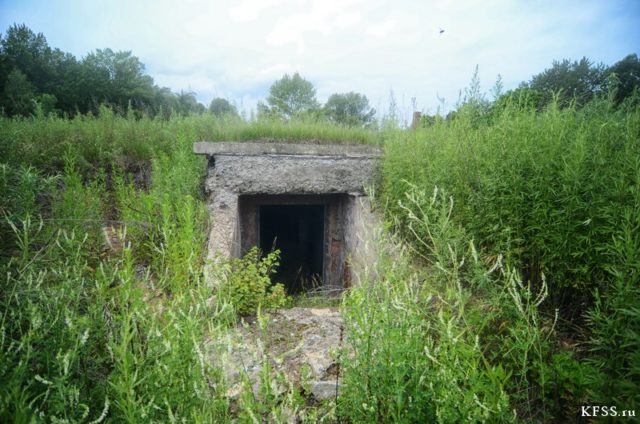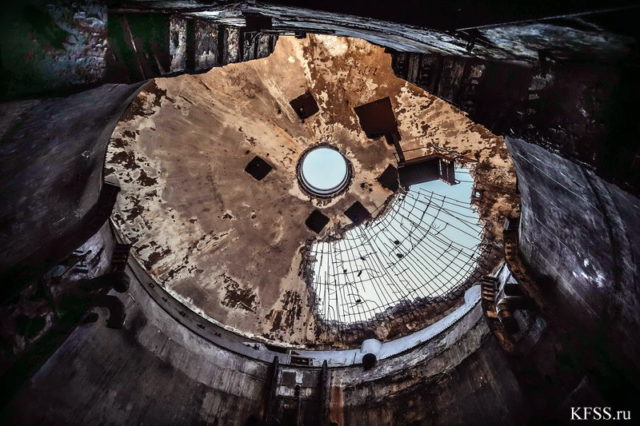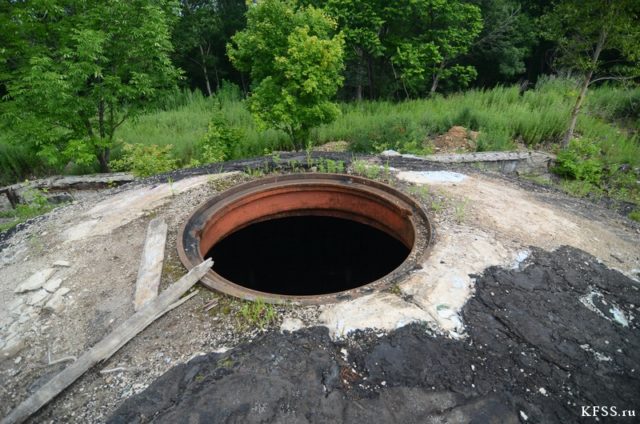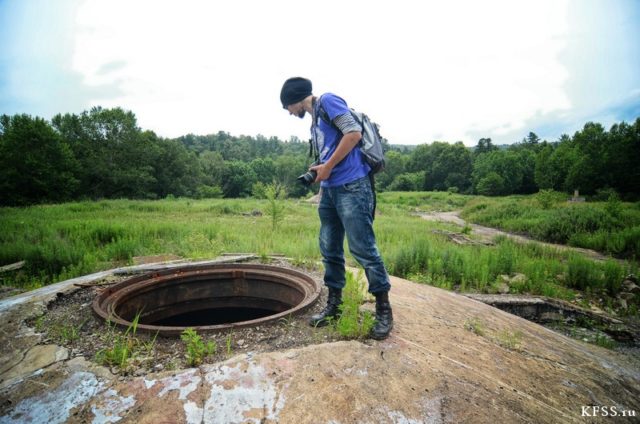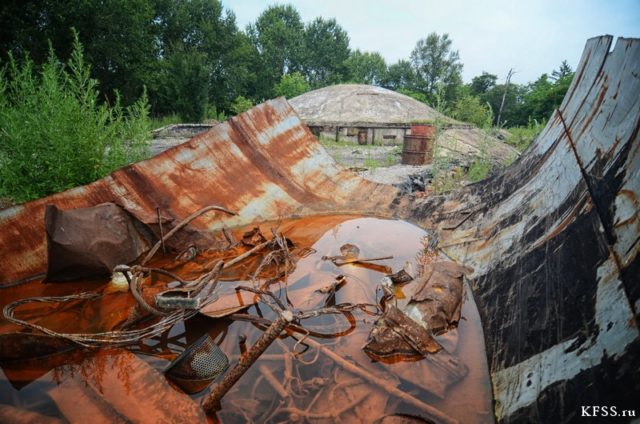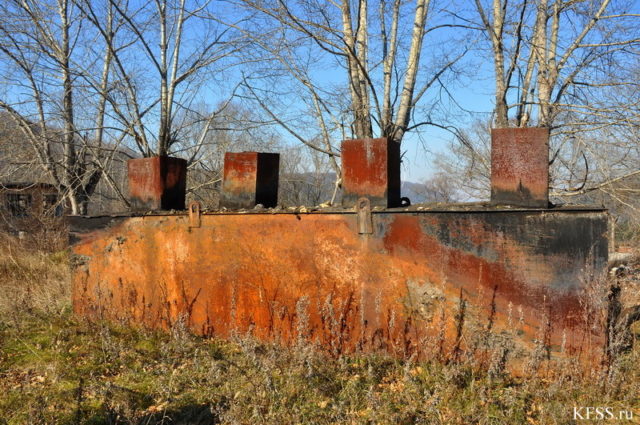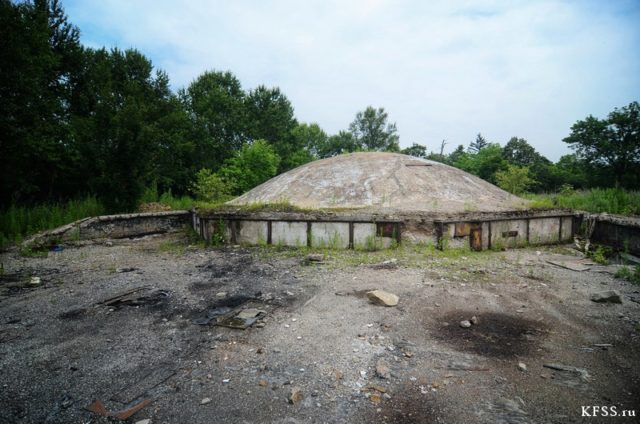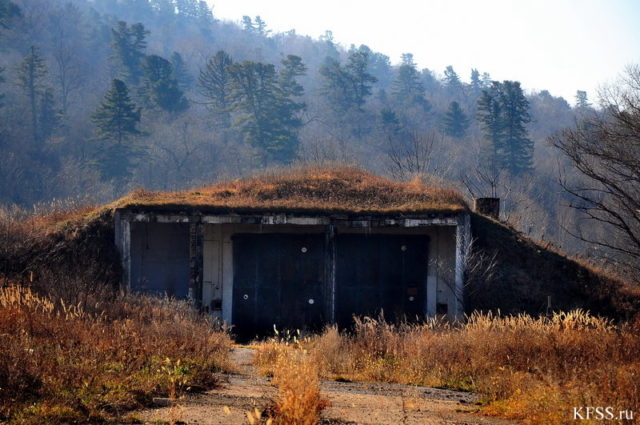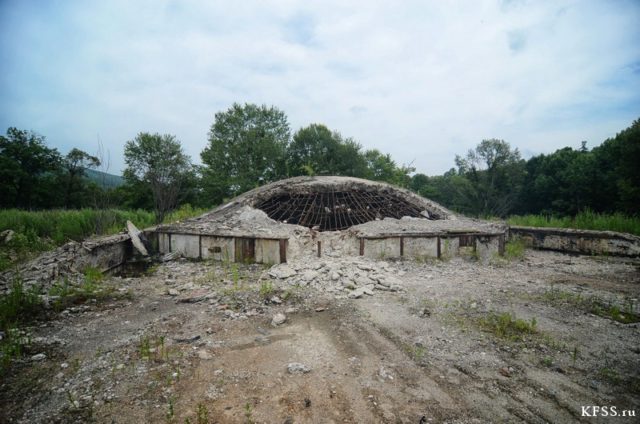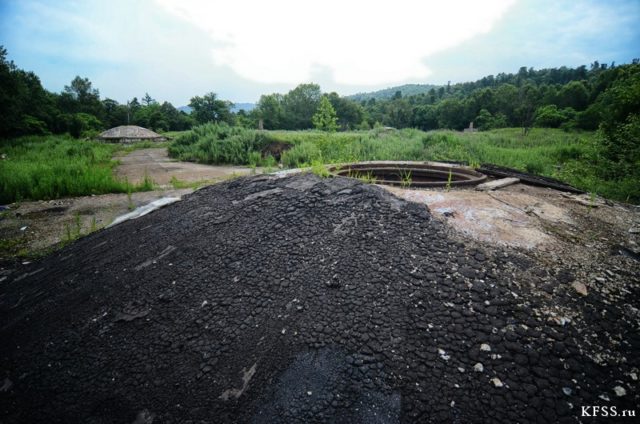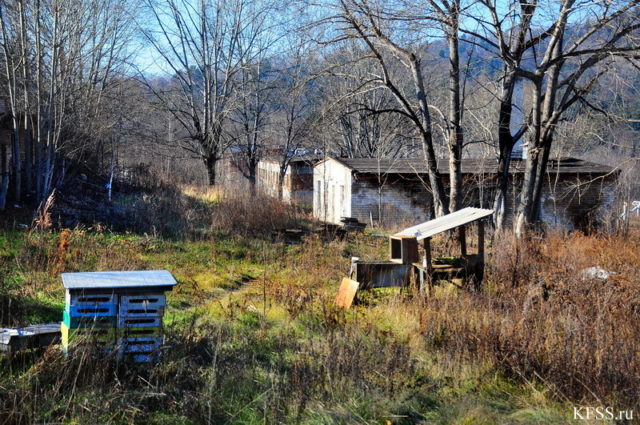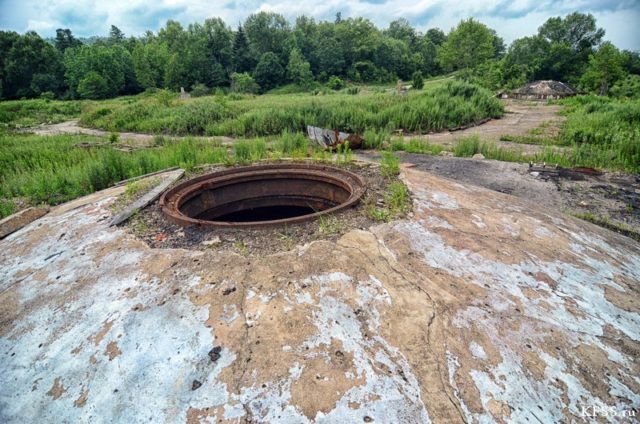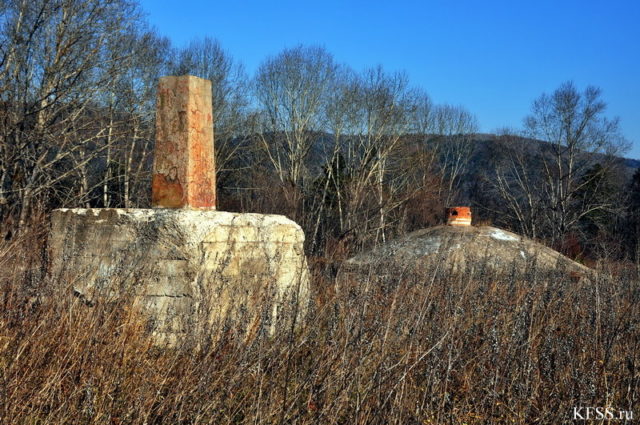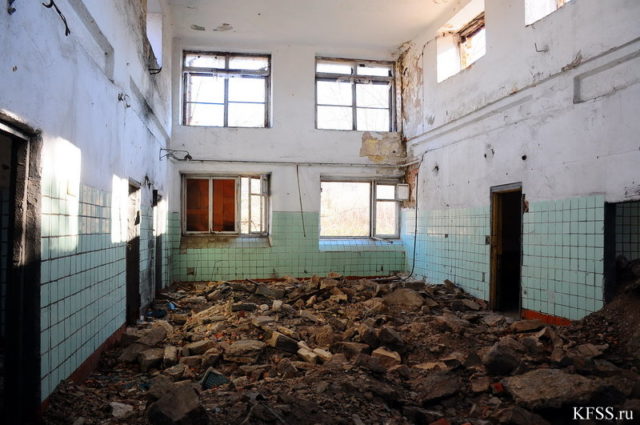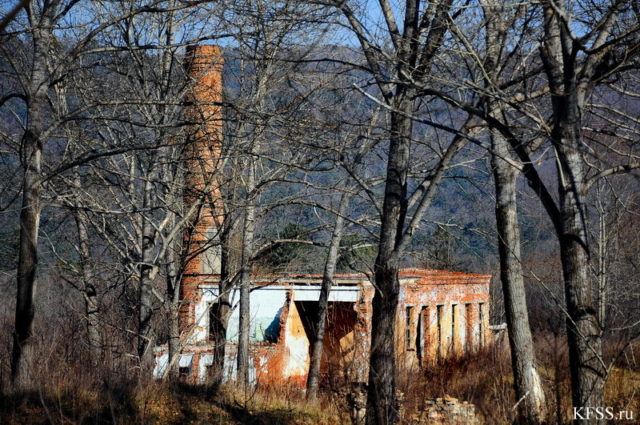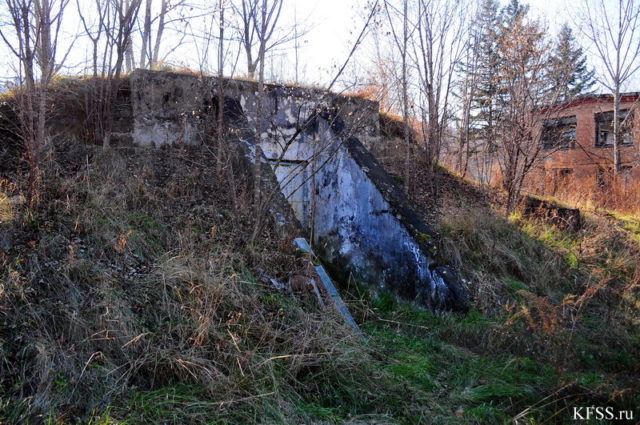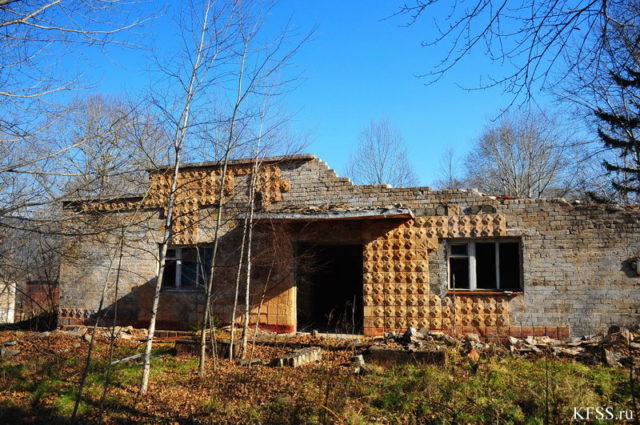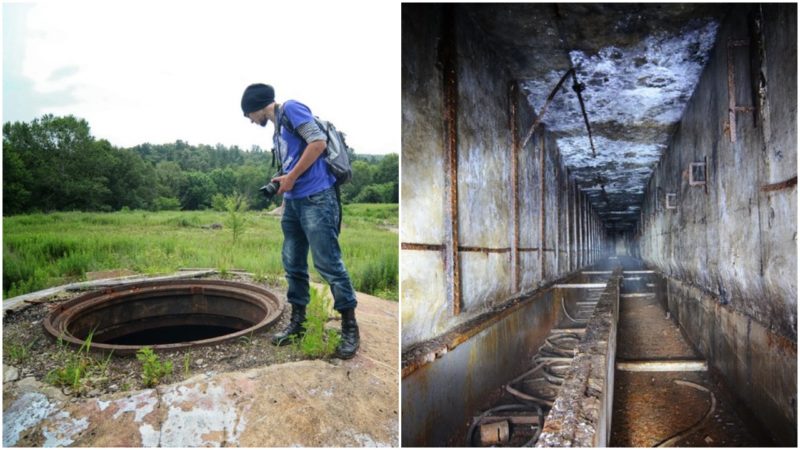The Cold War left its monumental imprint across Russia which are still visible to this day. Dotted around the country are various classified objects, many of which are now out of use, standing derelict to be slowly taken over by nature. This is the case with a missile launch facility in Arsenyev, a town in Primorskiy region in the Russian Far East.
150 km away from the Pacific shore, it was built as part of the Soviet “Nuclear Shield,” a defense system designed to intercept incoming nuclear missiles. It was also perfectly located to pose a threat to American bases in the Pacific. The facility is a series of silos for R-14U, single-stage ballistic intermediate-range missiles listed by NATO as SS-5 “Skean.”
These missiles were adopted in 1963. They had unification on start and a 4.5 thousand km range, which is 25% greater than that of the original R-14. The advantage of these missiles was that they could be used both with a silo and a mobile launcher, making them versatile and mobile.
The silo complex was constructed in 1964 based on a design for group launch 8P764 “Chusovaya,” which was developed by GSKB “Spetsmash” specifically for R-14U missiles. It consisted of three underground silos and a command post. This became the military post of the second division of the 571st Missile Regiment, which started duty in 1965.
The missiles in this complex were fitted with remote fueling systems and gas fuel. The silos were positioned in a triangular formation at a distance of 70 meters away from each other with a command post in the center. A power supply system and fuel storage were also close by.
Each shaft with a missile inside was covered by a sliding dome-like concrete lid. Each shaft was 30 meters deep and 2 hours preparation time were required before launch.
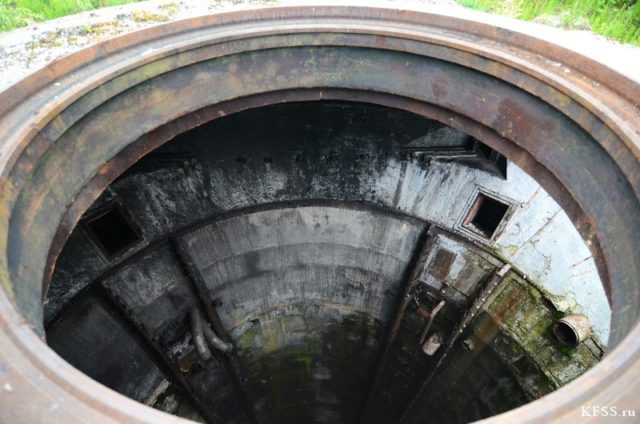
Incredibly, the whole system was designed in such a way so that it would retain combat ability even in an event of a nuclear blast, as long as it happened 100-200 meters away from the furthest edge of the complex.
The 571st Missile Regiment was stationed hear until 1970, when it was redeployed to Ukraine, but military service in the area continued. In 1988, in accordance with the treaty between the United States and the USSR on the elimination of intermediate-range and shorter-range missiles (INF), the facility was abandoned. All R-14U missiles were destroyed never to be constructed again.
Photos and information source: KFSS, a group of urban explorers who document abandoned structures and buildings of the Russian Far East.
